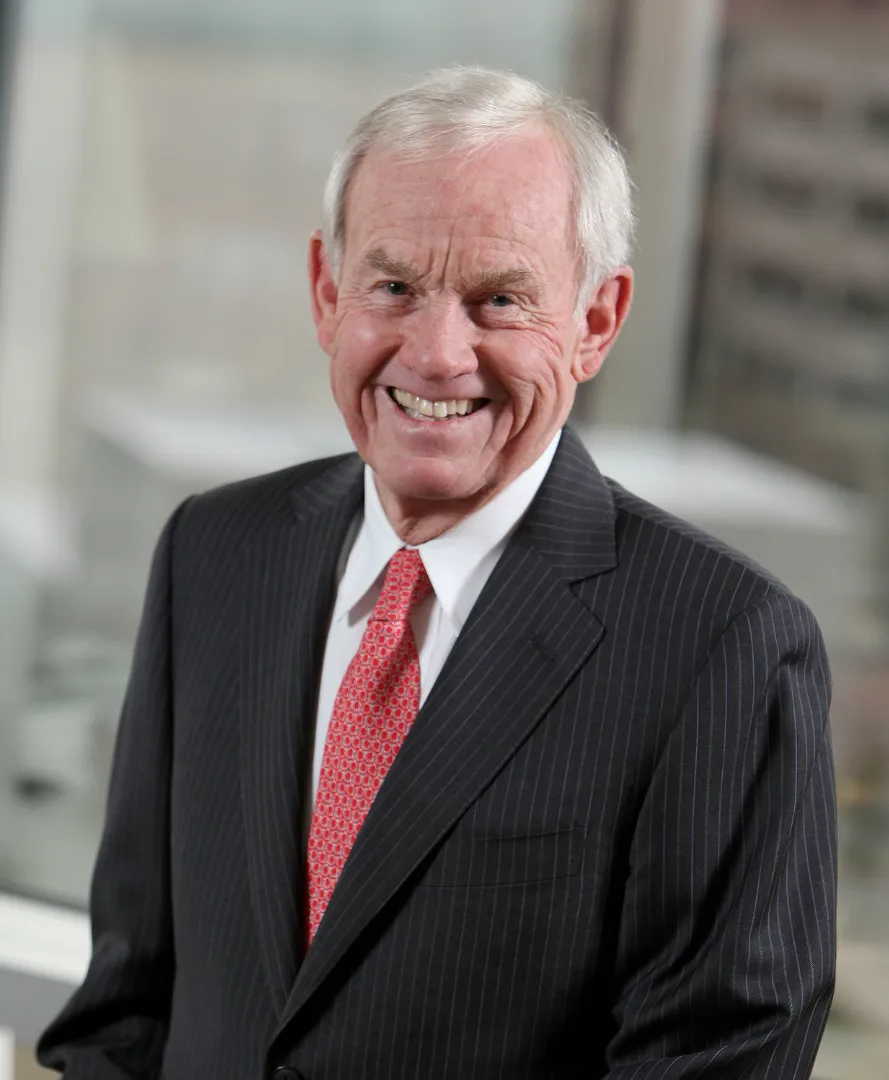Differing opinions can help keep our democracy strong
Articles
Sidebar
View more from News & Articles or Primerus Weekly
Renowned British playwright Noel Coward was fond of saying, “I can take any amount of criticism, as long as it is unqualified praise.”
Most editorial writers feel much the same, especially when they venture into the political thicket to express their opinions on the topics of the day.
Several weeks ago, after I wrote a column in the Primerus Weekly publication on the “slide toward minority rule” in the U.S., I received some feedback from one of our readers, taking me to task for being overly political in trying to make my point.
Here, without naming names, is what he said: “Primerus' President expressed a political opinion with which I, and many others, strongly disagree. Please either refrain from subjecting us to your opinions on political matters or allow those who disagree ‘equal time’ to express opposing views.”
His comments, in many respects, help illustrate the beauty of democracy, where those who have differing views enjoy the opportunity to freely express those opinions in the marketplace without fear of retaliation or retribution.
It dovetails neatly with a view I expressed several months ago in another column, when I announced plans to launch the Primerus Foundation, which is designed to promote global peace and understanding by embracing the fundamental concepts of freedom, liberty, justice, and equal opportunity for all.

In pursuit of those goals, we also have remade our Paradigm quarterly magazine and the Primerus Weekly newsletter to be more topical, interesting, and engaging. The changes were made to help inspire our members to take a more active role in promoting the importance of the legal profession in safeguarding a free society.
Such a mission can only be accomplished, of course, if we put our political differences aside and decide to engage in meaningful and respectful discourse, embracing the wisdom of legendary Supreme Court Justice Oliver Wendell Holmes Jr. when he wrote:
"The best test of truth is the power of the thought to get itself accepted in the competition of the market.”
Which is why I – and we at Primerus – welcome constructive criticism and differing ideas on how we go about our business, especially if the views are articulated in an intelligent, rational, and respectful manner.
Along that line, the Business for Democracy collaborative this week sent a letter to a number of U.S. Senators, spelling out the importance of “protecting our democracy.” Small business owners, according to the business alliance, “know that there can be no vibrant entrepreneurial economy without a strong democracy,” noting that “one only needs to look at the weak economies of autocratic nations for proof.”
My point, as an underlying theme throughout the recent series of columns, is to encourage political action and expression, and to make clear that the greatest threat to our democracy comes from apathy and inaction. If we as voters do our job by participating in each and every election, then we can be assured that the will of the majority prevails on such critical issues as climate change, reproductive rights, gun control, and freedom of expression. It also can help guarantee that elected officials are representing the collective voice of the voters, not the select wishes of an elite, deep-pocketed view that only have their special interests at heart.
Certain events of the past few years – most vividly the Russian invasion of neighboring Ukraine and the January 6 insurrection at the U.S. Capitol – should illustrate in graphic and tragic terms the high cost of preserving precious freedoms. Those liberties were won on the battlefields during a series of costly wars over the past two-and-a-half centuries, where men and women of all political persuasions oftentimes made the ultimate sacrifice on behalf of their country.
We have been privileged to be born in a society that values the right of free expression, and has a tradition of tolerance and respect for the opinions of others, however controversial or extreme they may be.
But with privilege comes responsibility and a desire to work for the common good, a point best expressed by Abraham Lincoln when he said, “He has a right to criticize, who has a heart to help.”
Best regards,
Jack Buchanan, President